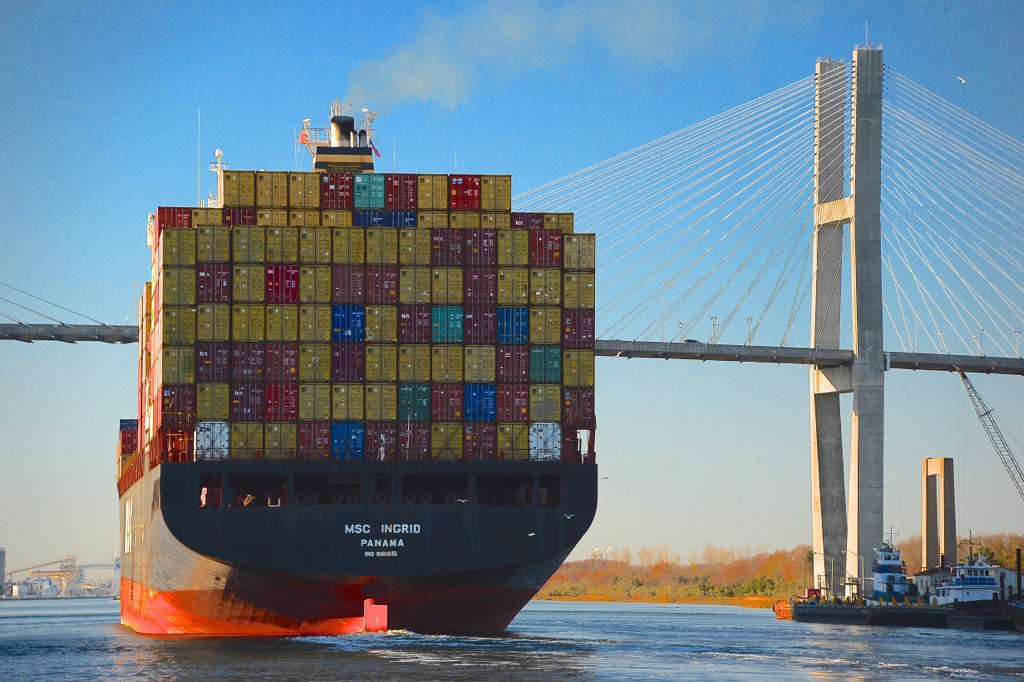


Why Commodity Trading?
Switzerland is one of the leading commodity trading hubs worldwide, both in regard to minerals and metals as well as to soft commodities, representing for some 15-25 percent of the global commodities trading volume. Accounting for around 4.8 percent of the country’s gross domestic product (GDP) in 2018 (SECO), the commodity sector has come under scrutiny and criticism for its lack of transparency with regard to adverse impacts on the enviroment and human rights in commodity-producing countries in the global south. As commodity trading is majorly a business-to-business relationship, the public debate has until a decade ago not paid much attention to it. Recent reports of ongoing environmental and human rights concerns linked to the sector and associated media coverage have raised ethical and legal questionsabout commodity trading.
Latest News
Time for Commodity Traders to Act on their Human Rights and Environmental Impacts
The reality of today’s globalised world is one where many businesses are interconnected through vast and complex global value chains.…

Hidden in plain sight: Commodity traders’ human rights impacts and responsibilities
Commodity traders play a key role in connecting global value chains by moving raw materials from the point of production…
The UNGPs as standard of conduct for responsible commodity business
The recent developments around human rights due diligence measures in the run up to the referendum on the Swiss Responsible Business…
